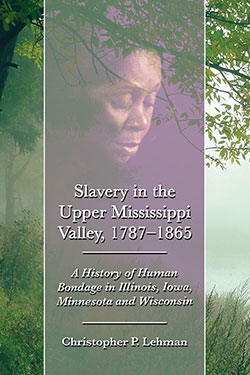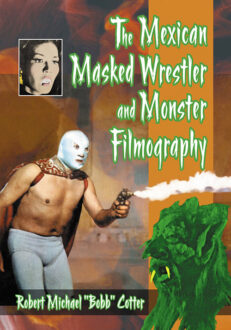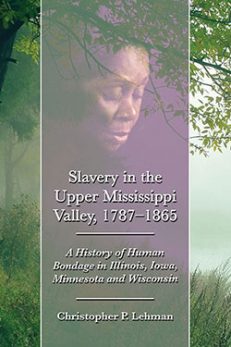Slavery in the Upper Mississippi Valley, 1787–1865
A History of Human Bondage in Illinois, Iowa, Minnesota and Wisconsin
$35.00
In stock
About the Book
Although the passing of the Northwest Ordinance in 1787 banned African American slavery in the Upper Mississippi River Valley, making the new territory officially “free,” slavery in fact persisted in the region through the end of the Civil War.
Slaves accompanied presidential appointees serving as soldiers or federal officials in the Upper Mississippi, worked in federally supported mines, and openly accompanied southern travelers. Entrepreneurs from the East Coast started pro-slavery riverfront communities in Illinois, Wisconsin, Iowa, and Minnesota to woo vacationing slaveholders.
Midwestern slaves joined their southern counterparts in suffering family separations, beatings, auctions, and other indignities that accompanied status as chattel. This revealing work explores all facets of the “peculiar institution” in this peculiar location and its impact on the social and political development of the United States.
About the Author(s)
Bibliographic Details
Christopher P. Lehman
Format: softcover (6 x 9)
Pages: 228
Bibliographic Info: 11 photos, notes, bibliography, index
Copyright Date: 2011
pISBN: 978-0-7864-5872-1
eISBN: 978-0-7864-8589-5
Imprint: McFarland
Table of Contents
Acknowledgments vi
Introduction 1
CHAPTER ONE
Slavery in the Northwest Territory 5
CHAPTER TWO
The Politics of Indentured Servitude: Slavery in Illinois 27
CHAPTER THREE
Miners and Soldiers: Slavery in Wisconsin 59
CHAPTER FOUR
Migrating Southerners: Slavery in Iowa 85
CHAPTER FIVE
Hoteliers and Local Slaveholders: Slavery in Minnesota 114
CHAPTER SIX
Dred Scott and the Boom in Upper Mississippi Slavery 142
CHAPTER SEVEN
Upper Mississippi Slavery in the Civil War Years 170
Conclusion 195
Chapter Notes 203
Bibliography 209
Index 217
Book Reviews & Awards
“comprehensive…intriguing…refreshing…recommended”—Choice; “an excellent and quite original book.”—Eric Foner, Pulitzer Prize-winning historian






